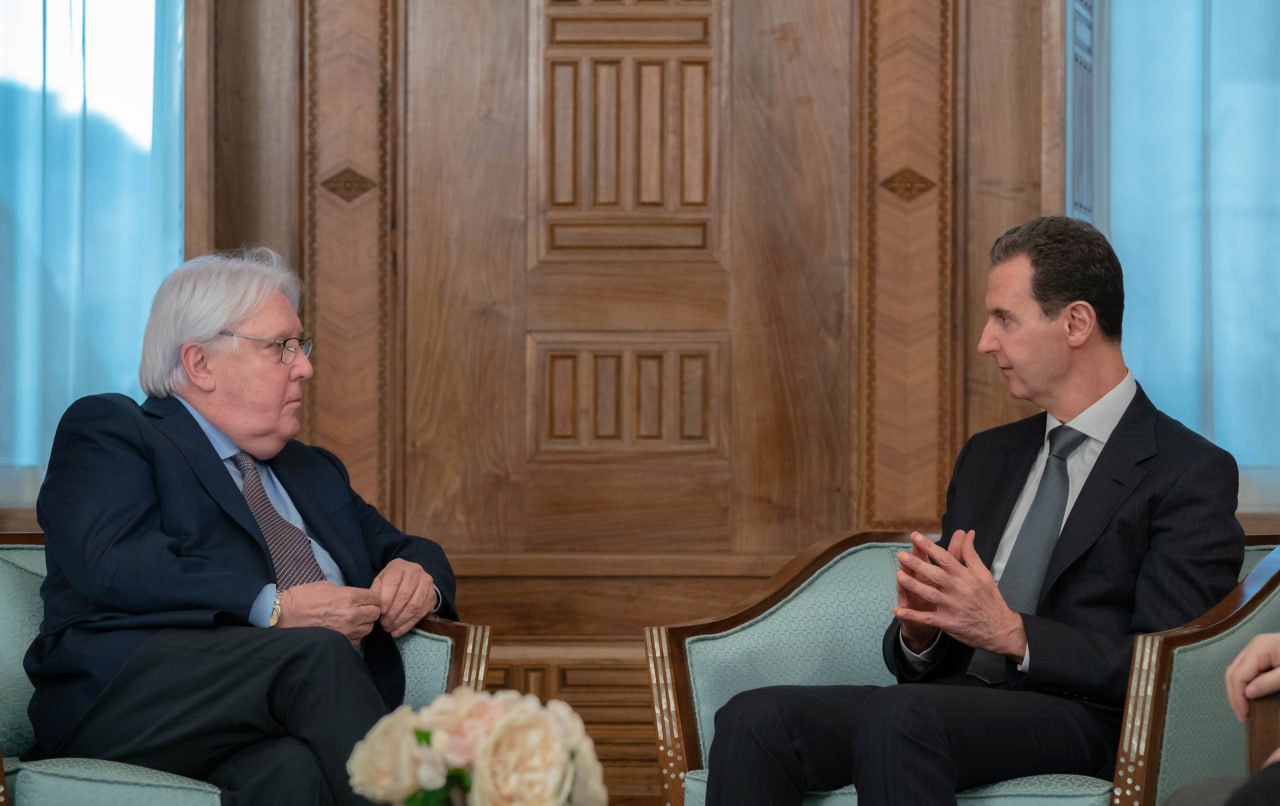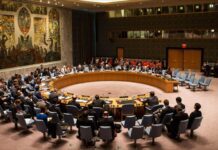
Martin Griffiths, the Under-Secretary-General for Humanitarian Affairs and Emergency Relief Coordinator, has announced his resignation after three years of service. Griffiths’ decision comes amidst health concerns and follows a tenure marked by significant challenges and achievements, including notable failures during the 2023 earthquakes and ongoing issues in dealing with the Assad regime in Syria.
Griffiths, who has been at the helm of the UN Office for the Coordination of Humanitarian Affairs (OCHA) and served as the emergency relief coordinator, took to social media on Monday to share his decision, stating, “After three years of service, I have informed the Secretary-General of my decision to step down next June.” He expressed profound gratitude to his colleagues at OCHA and to the partners and supporters who have championed humanitarian causes during his tenure.
During Griffiths’ leadership, the UN faced a pivotal moment in its humanitarian response efforts, particularly in regions affected by crises such as the February 2023 earthquakes in northern Syria and Turkey. In the aftermath of these devastating earthquakes, which claimed tens of thousands of lives, Griffiths publicly acknowledged the shortcomings in the UN’s response, stating that the affected population felt abandoned and failed by the organization.
Griffiths’ involvement in brokering agreements with the Assad regime in Syria also drew significant attention. He engaged in multiple visits to Syria, meeting with both regime and opposition officials. Griffiths played a crucial role in advocating for the facilitation of cross-border humanitarian aid to northwestern Syria, a region grappling with immense humanitarian needs exacerbated by conflict and natural disasters.
Despite these efforts, Griffiths faced criticism for perceived failures, particularly regarding the effectiveness of humanitarian assistance in conflict zones. In Syria, his promotion of programs that put aid and UN funds into the hands of the Damascus regime raised concerns among both the Syrian opposition and in humanitarian circles due to the well-documented cases of Assad regime theft and exploitation of aid. His visit to Myanmar last August, for instance, drew criticism from civil society groups, who accused him of failing to make substantial progress on humanitarian assistance and legitimizing military coup leaders.
Throughout his tenure, Griffiths remained committed to addressing humanitarian crises worldwide, from the Gaza Strip to Sudan, where millions face the threat of catastrophic hunger. His advocacy for the protection of civilians in conflict zones and his efforts to ensure the delivery of life-saving aid have been central to his role.








